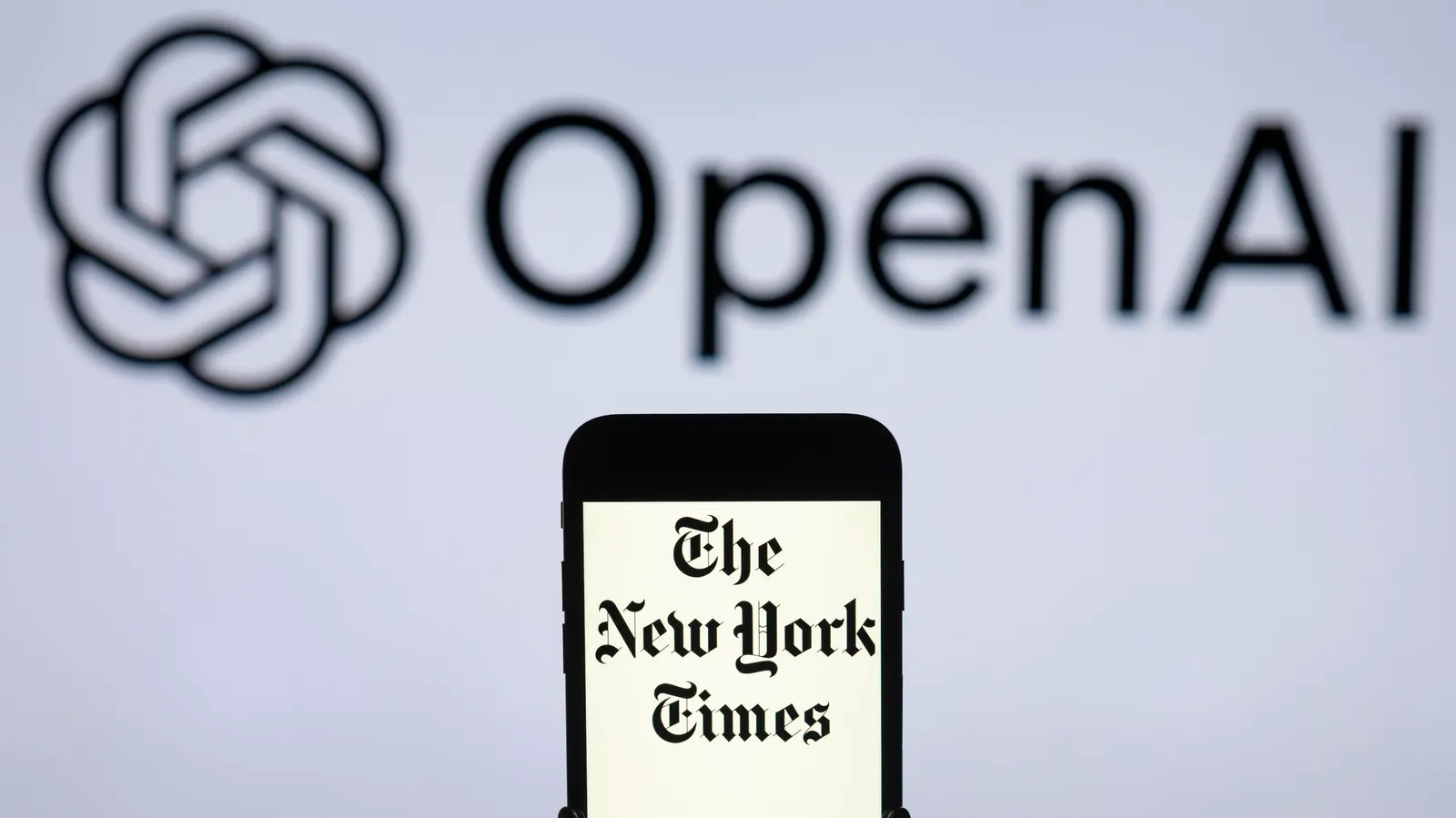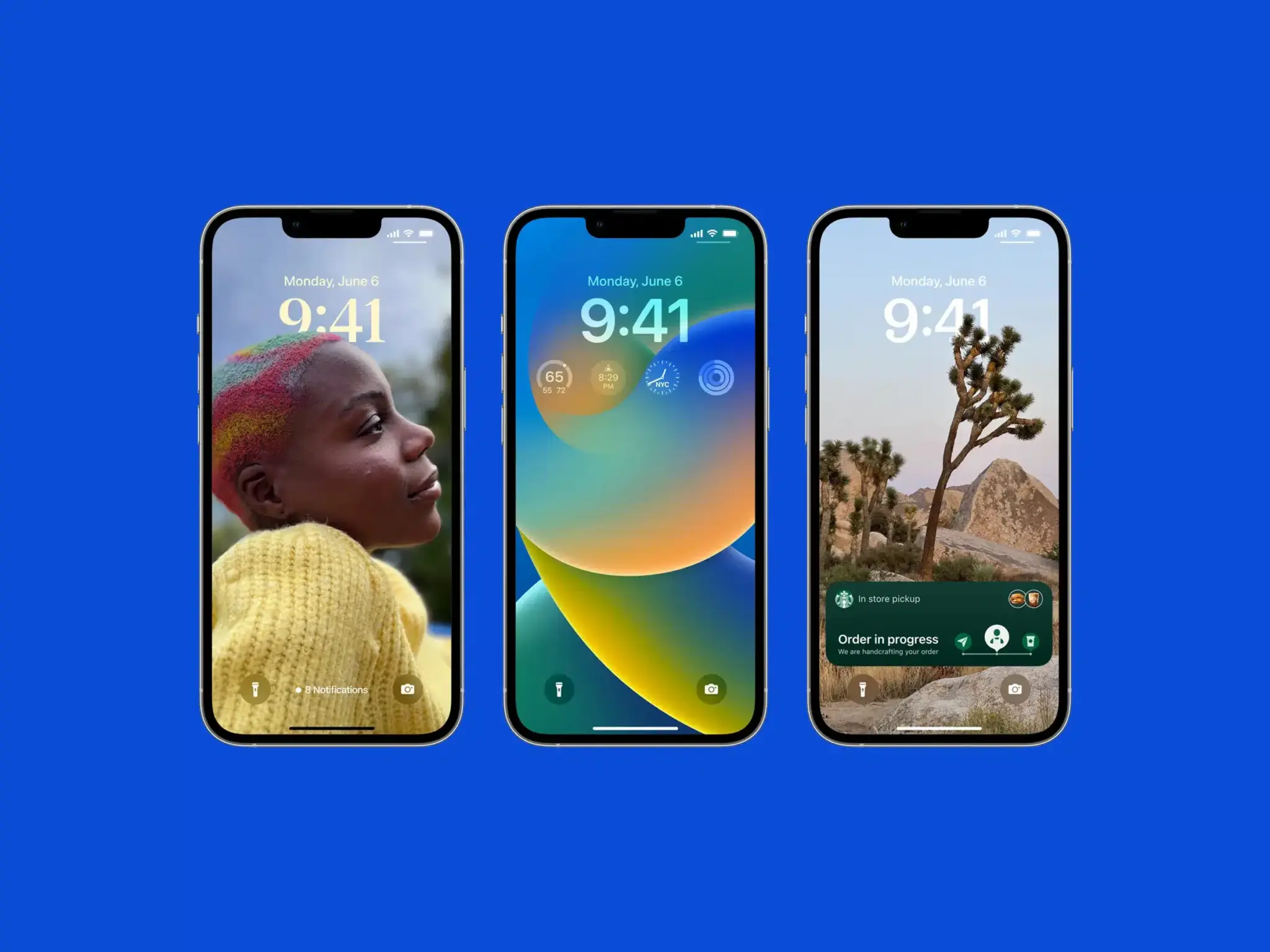In an escalating legal battle over copyright infringement, OpenAI has accused The New York Times of “hacking” its AI systems, including ChatGPT, to gather evidence for its lawsuit against the AI firm. The Times, however, has dismissed these allegations, framing its actions as legitimate uses of OpenAI’s products to evidence copyright infringement.
Key Highlights:
- OpenAI claims The New York Times employed deceptive tactics, violating its terms of use, to make its AI systems reproduce NYT’s copyrighted material.
- The Times rebuts, asserting that its actions were a legitimate search for evidence that OpenAI unlawfully copied its content.
- The copyright lawsuit by The New York Times against OpenAI and Microsoft involves allegations of using NYT’s content without permission to train AI models.
- OpenAI defends its actions as fair use of publicly available data, while the Times points to numerous instances of its content being reproduced verbatim by OpenAI’s AI models.
Details of the Dispute:
OpenAI has formally requested a federal judge to dismiss significant portions of The New York Times’ copyright lawsuit, arguing the newspaper engineered misleading evidence by “hacking” its AI systems. OpenAI contends the Times used deceptive prompts, violating OpenAI’s terms of service, to force its technology to regurgitate copyrighted material.
The New York Times, on its part, firmly denies these allegations. Ian Crosby, the newspaper’s lead counsel, emphasized that their investigation into OpenAI’s products simply aimed to uncover instances where the Times’s copyrighted works were reproduced without permission. Crosby highlighted the substantial scale of OpenAI’s copying, arguing that it far exceeds the examples provided in their complaint.
OpenAI has countered by stating that its AI models, including GPT-4 and DALL-E 3, make fair use of publicly available data from the web, which they argue includes content from The New York Times. They also addressed concerns about their AI systems generating output that too closely resembles the training data, asserting that such instances are unlikely and attributing any occurrences to misuse by users.
The dispute also brings to light the technological and ethical considerations inherent in training AI models. OpenAI argues that its AI models, like GPT-4 and DALL-E 3, are trained on a wide array of internet data, suggesting that no single source significantly influences the output. This argument touches on the ethics of data use in AI training, raising questions about the responsibilities of AI developers to ensure their models do not infringe on copyright. Furthermore, OpenAI’s claim of “hacking” by The New York Times underscores the ethical use of AI products for investigative purposes, blurring the lines between copyright infringement evidence gathering and the violation of terms of service.
This legal battle highlights the growing tension between copyright holders and AI developers over the use of copyrighted material to train AI systems. OpenAI maintains that its practices are essential for innovation and competitiveness in the U.S., while The New York Times seeks to protect its investments in journalism.
This copyright dispute between The New York Times and OpenAI reflects deeper questions about the boundaries of fair use in the age of AI and the responsibilities of AI developers in handling copyrighted content. While OpenAI champions the necessity of broad access to public data for technological advancement, The New York Times’ allegations underscore the importance of respecting copyright and compensating content creators. As the case unfolds, it will likely set precedents for how copyrighted materials are used to train AI, balancing innovation with the rights of copyright holders.





























